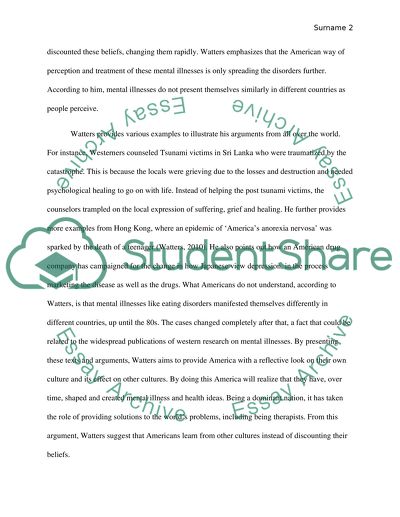Cite this document
(“Crazy like Us by Watters Ethan Admission/Application Essay”, n.d.)
Crazy like Us by Watters Ethan Admission/Application Essay. Retrieved from https://studentshare.org/sociology/1492646-crazy-like-us-by-watters-ethan
Crazy like Us by Watters Ethan Admission/Application Essay. Retrieved from https://studentshare.org/sociology/1492646-crazy-like-us-by-watters-ethan
(Crazy Like Us by Watters Ethan Admission/Application Essay)
Crazy Like Us by Watters Ethan Admission/Application Essay. https://studentshare.org/sociology/1492646-crazy-like-us-by-watters-ethan.
Crazy Like Us by Watters Ethan Admission/Application Essay. https://studentshare.org/sociology/1492646-crazy-like-us-by-watters-ethan.
“Crazy Like Us by Watters Ethan Admission/Application Essay”, n.d. https://studentshare.org/sociology/1492646-crazy-like-us-by-watters-ethan.


